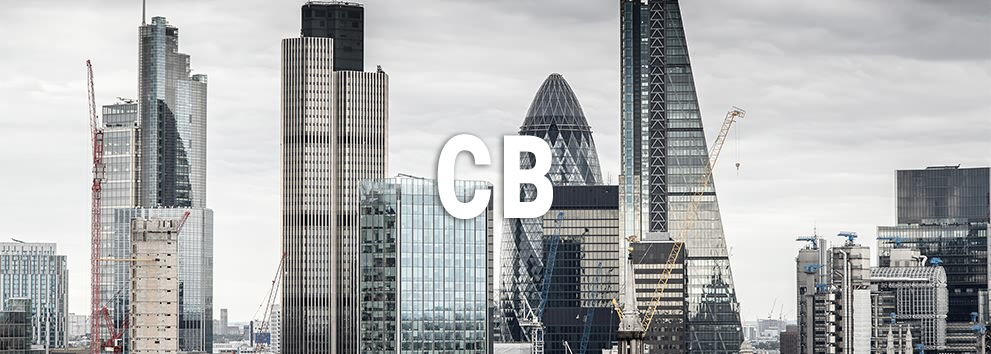ternary batteries are banned in Chinese energy storage station
ternary batteries are banned in Chinese energy storage station,
energy storage station,
▍What is CB Certification?
IECEE CB is the first genuine international system for mutual recognition of electrical equipment safety test reports. NCB (National Certification Body) reaches a multilateral agreement, which enables manufacturers to obtain national certification from other member countries under CB scheme on the basis of transferring one of the NCB certificates.
CB certificate is a formal CB scheme document issued by authorized NCB, which is to inform other NCB that the tested product samples conform to present standard requirement.
As a kind of standardized report, CB report lists relevant requirements from IEC standard item by item. CB report not only provides results of all required testing, measurement, verification, inspection and assessment with clearness and non-ambiguity, but also including photos, circuit diagram, pictures and product description. According to the rule of CB scheme, CB report will not take effect until it presents with CB certificate together.
▍Why we need CB Certification?
- Directly recognized or approved by member countries
With CB certificate and CB test report, your products can be exported to some countries directly.
- Convert to other countries certificates
The CB certificate can be directly converted to the certificate of its member countries, by providing the CB certificate, test report and difference test report (when applicable) without repeating the test, which can shorten the lead time of certification.
- Ensure the Safety of Product
The CB certification test considers the product’s reasonable use and foreseeable safety when misused. The certified product proves the satisfactory of the safety requirements.
▍Why MCM?
● Qualification: MCM is the first authorized CBTL of IEC 62133 standard qualification by TUV RH in mainland China.
● Certification and testing capability: MCM is among the first patch of testing and certification third party for IEC62133 standard, and has finished more than 7000 battery IEC62133 testing and CB reports for global clients.
● Technical support: MCM possesses more than 15 technical engineers specialized in testing as per IEC 62133 standard. MCM provides clients with comprehensive, accurate, closed-loop type of technical support and leading-edge information services.
Chinese authority issued an exposure draft of amended version of 25 Requirements on Preventing Electrical Production Accident. The Chinese National Energy Administration made this amendment by arranging discussion with electrical organizations and experts to conclude the experience and accidents happened since 2014, in order to conduct more effective supervise and prevent hazards from happening.
In the exposure draft 2.12 mentions several requirements on lithium-ion batteries in order to prevent fire happening at electrochemistry energy storage station:Mid-large electrochemistry energy storage shall not use ternary lithium-ion batteries or sodium-sulfer batteries. Echelon traction batteries are not applicable, and should be taken safety analysis based on traceable data.Lithium-ion batteries equipment room shall not be established in assembly occupancies nor should be set in buildings with residents or basement area. Equipment rooms shall be established in one layer, and shall be pre-fabricated. For one fire compartment the capacity of batteries shall be no more than 6MW`H. For equipment rooms with capacity larger than 6MW`H, there should be automatic fire extinguish system. The specification of the system shall follow 2.12.6 of the exposure draft.









